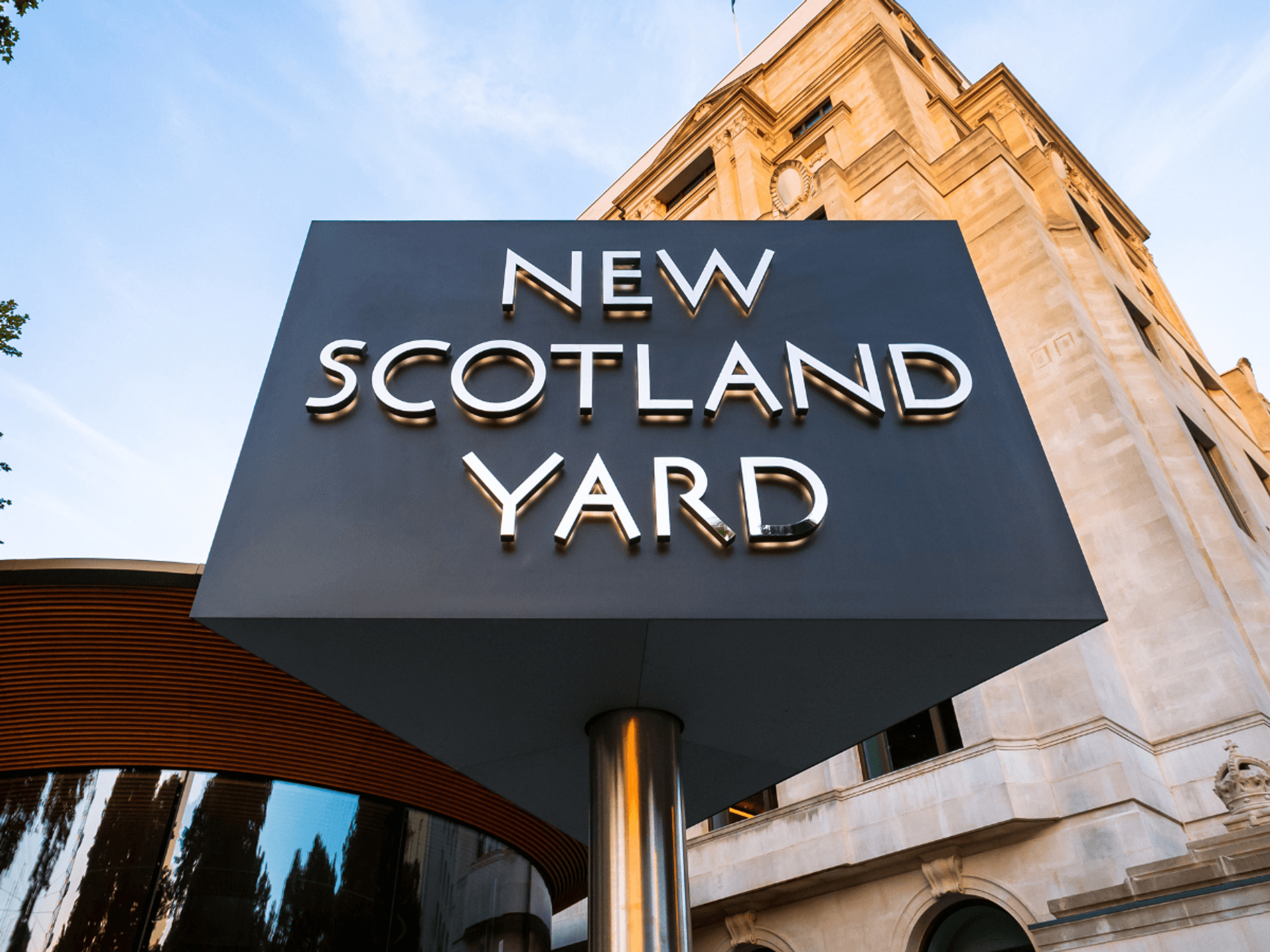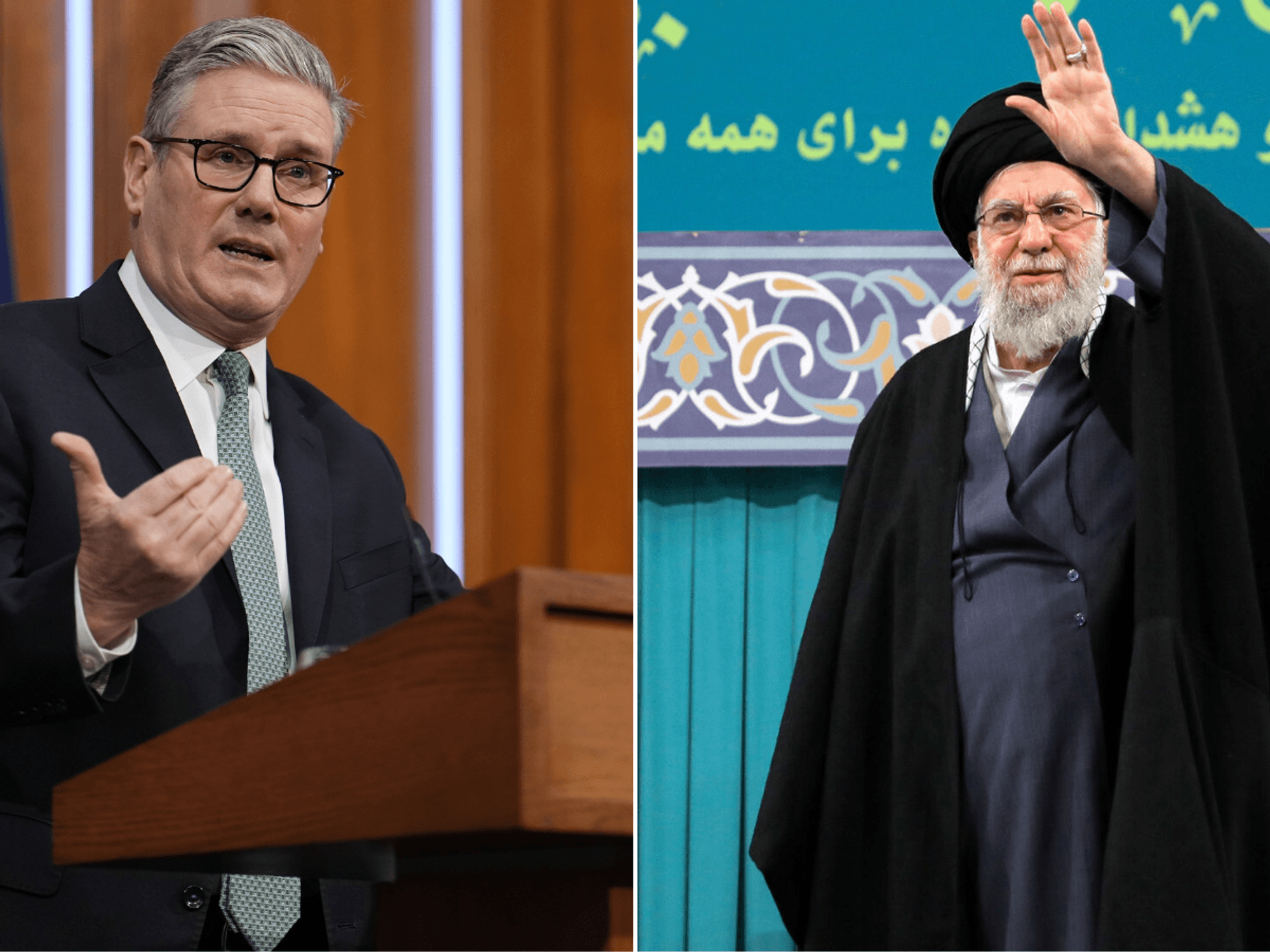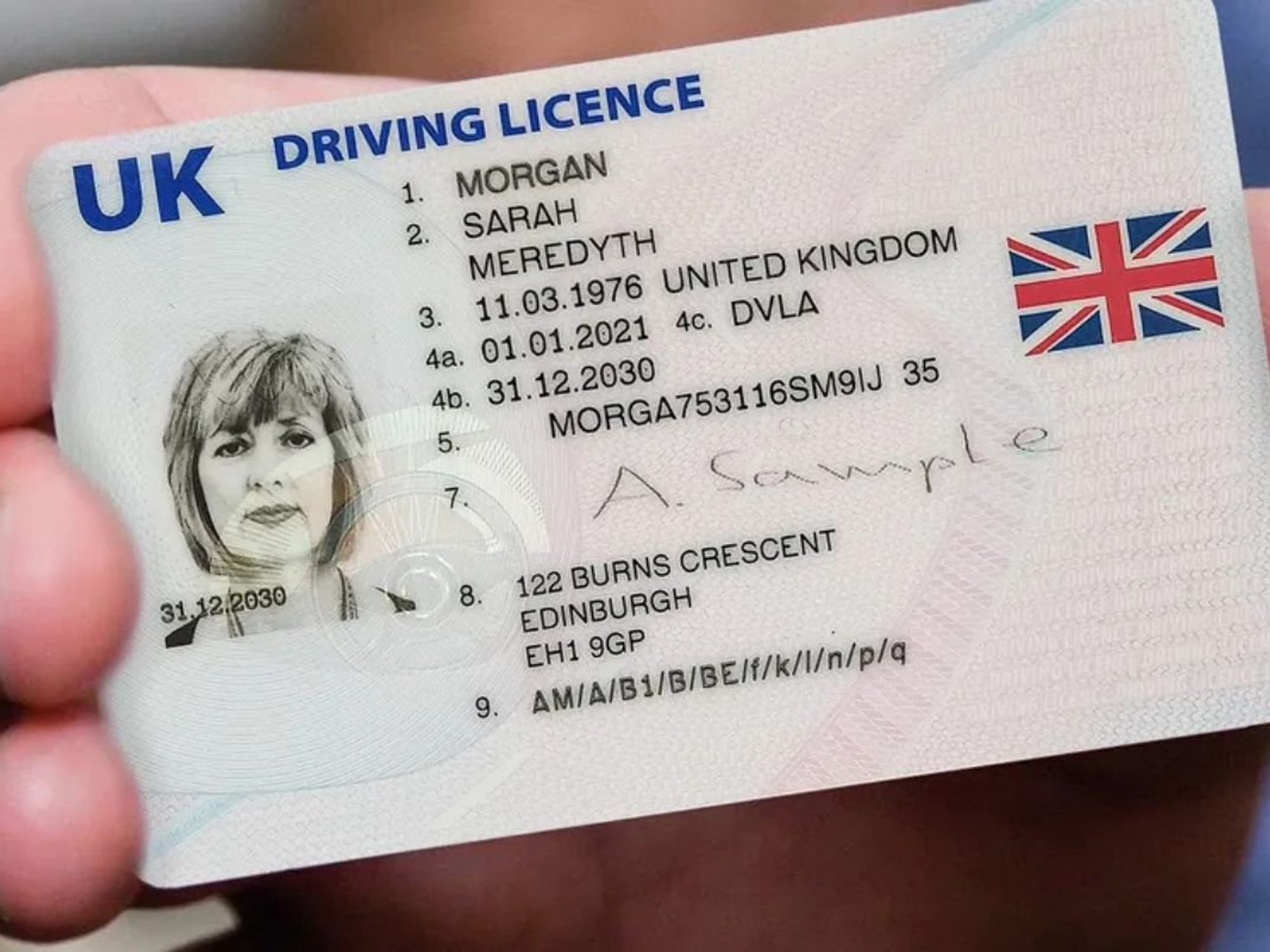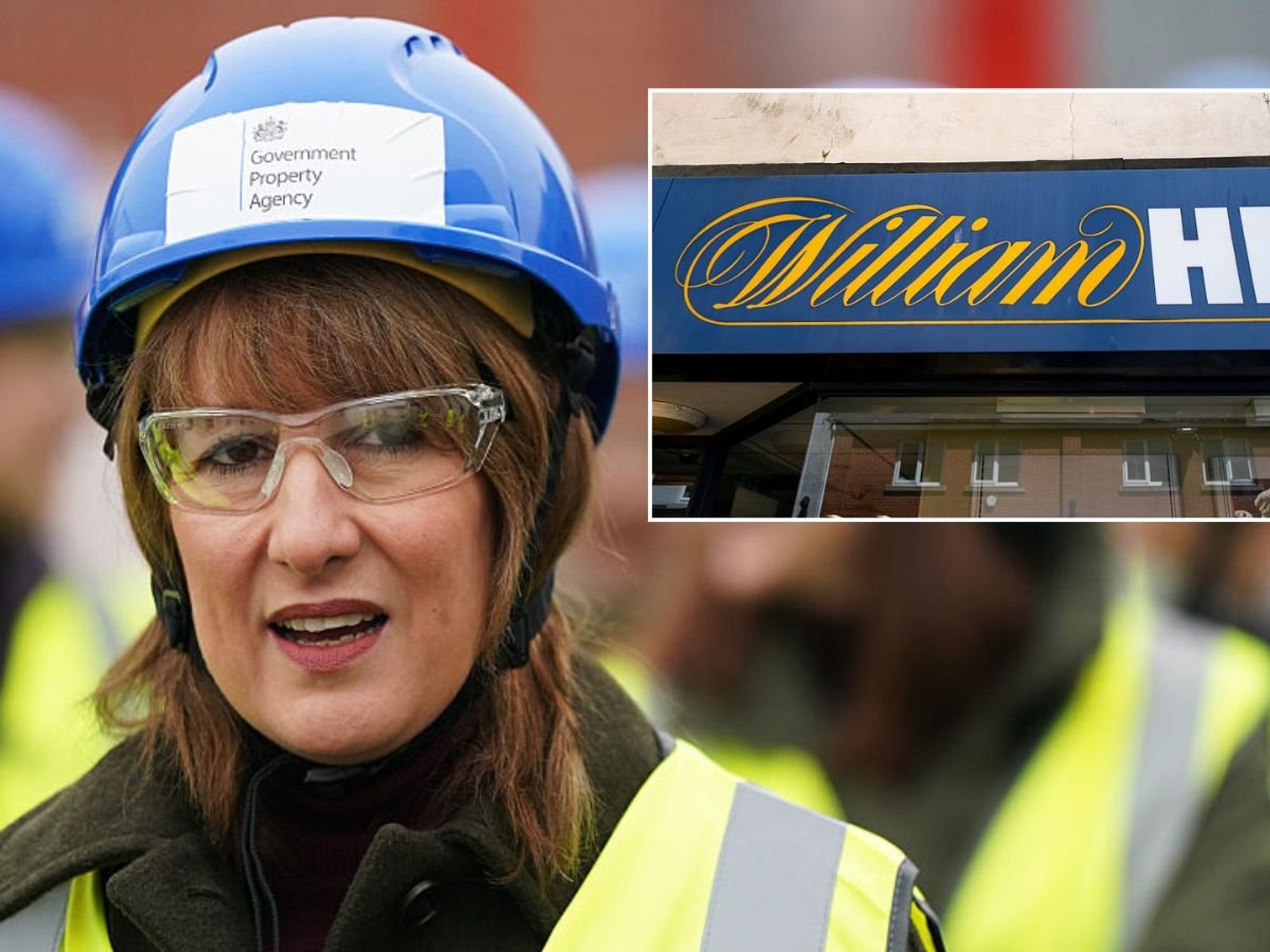National Lottery franchise winner should have been ‘disqualified’ from bidding, High Court hears
The Gambling Commission had the power to disqualify applicants for breaking the rules
Don't Miss
Most Read
Trending on GB News
The winner of the lucrative National Lottery franchise should have been disqualified from the bidding process but the Gambling Commission “turned a blind eye” to its repeated breaches of competition rules, the High Court heard today (Tues).
Every applicant for the ten-year tender to run the competition was bound by a set of strict protocols, including limits to what they could disclose to the media.
The Gambling Commission had the power to disqualify applicants for breaking the rules, which included a ban on disclosing details on their bids.
John Tanner, Executive Director at the Commission who oversaw the process, accepted today that winning applicant Allwyn had breached protocols on a number of occasions.
TRENDING
Stories
Videos
Your Say
These included “deliberately” leaking details of their own bid to the press just weeks before the winner was announced.
Entrepreneur Sir Keith Mills, the chair of Allwyn’s bid, also broke rules by criticising incumbents Camelot, claiming the lottery had been allowed to “stagnate” and had “lost its relevance.”
Yet, despite this, Allwyn remained in the competition.
The case is being brought by media tycoon Richard Desmond’s Northern & Shell company together with its subsidiary, the New Lottery Company (TNLC).

National Lottery sign
| PATNLC was one of the bidders but it came third in the tender.
It claims that the Gambling Commission made “manifest errors” in the process that played a part in its failed bid.
Had these mistakes not been made there was a “very real” prospect TNLC would have won, the court has been told.
TNLC and Northern & Shell are claiming up to £1.3b in the case.
LATEST DEVELOPMENTS
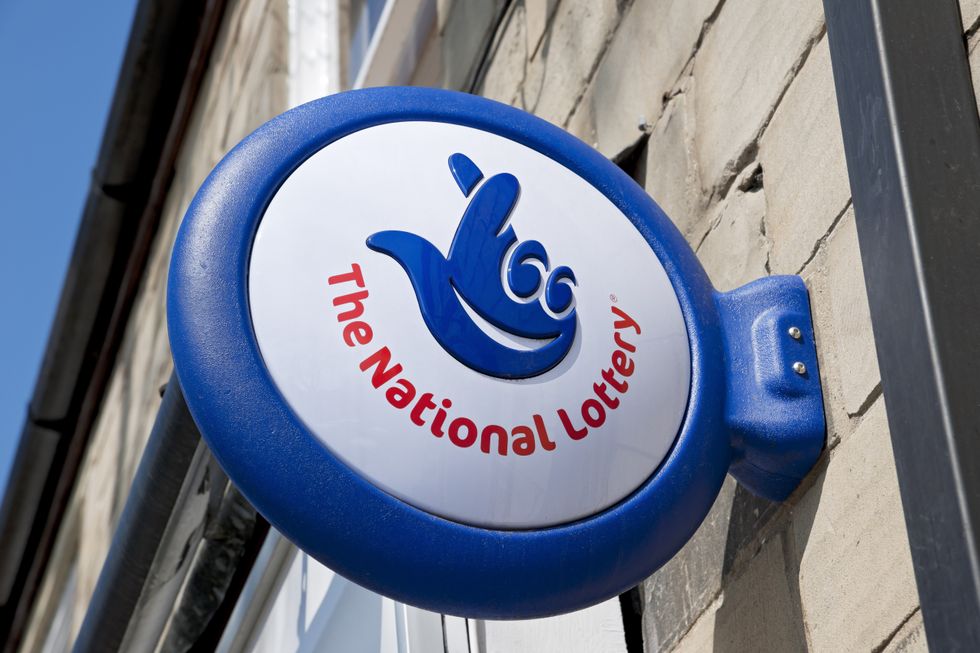
A National Lottery sign
| GETTYDaniel Toledano KC, for TNLC, today ran through a number of alleged breaches in the ‘media and communications protocol’ (MCP) and said that, as a result, Allwyn should have been disqualified.
The MCP was designed to ensure no parties could use the press for an unfair advantage.
Yet the court heard that Allwyn was behind articles across the national media, which continued even when the Commission warned it to be more cautious.
An article in the Mail on Sunday in February 2022 — the month before the winner was announced — contained a detailed account of Allwyn’s bid, which ought to have been confidential.
This included reducing the ticket prices to one pound and having two draws a night.
Because the details were so accurate, they could only have come from the Gambling Commission or Allwyn itself, Mr Toledano said.
Mr Tanner told the court that an internal investigation had ruled out the leak coming from the Commission — leaving Allwyn the only source of the information.
Mr Toledano asked him: “Do you accept that if they had leaked the contents of their bid to the press that would be a serious breach of the MCP? It’s exactly the kind of breach that would have had to be considered for disqualification from the competition. Do you accept that?”
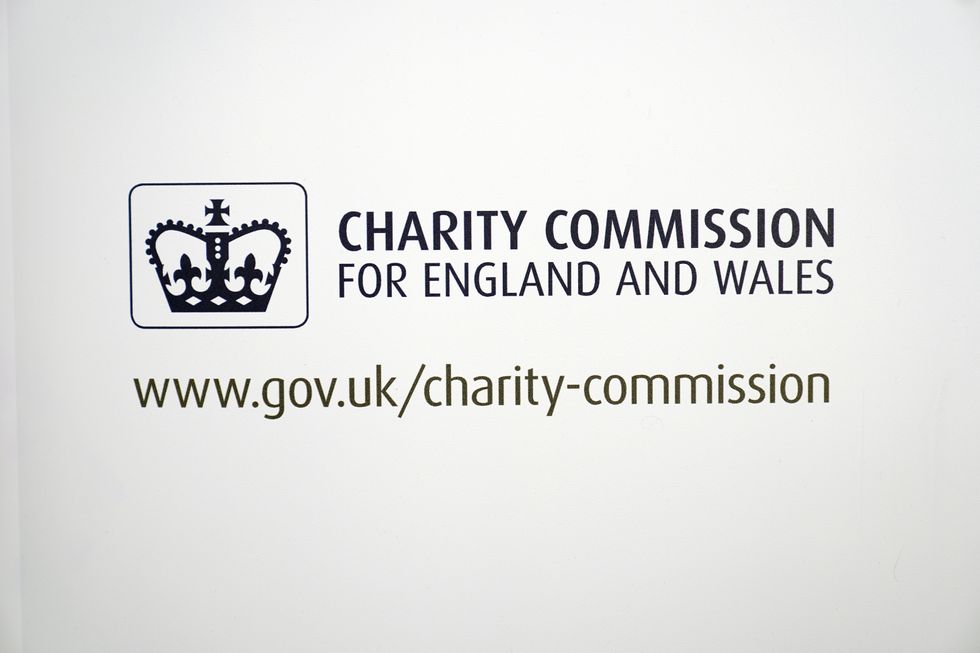 Charity Commission sign | PA
Mr Tanner replied: “Yes.”Mr Toledano said that Allwyn had been warned about the MCP previously, including at a meeting with the Commission. He said the matter should have been addressed at the time.He said: “This was a serious leak from Allwyn of its bid, in circumstances where you had warned about it several times already. Had you grappled with this at the time you would most likely have decided to disqualify them from the competition.”Mr Tanner replied: “I can’t reach that conclusion.”
Charity Commission sign | PA
Mr Tanner replied: “Yes.”Mr Toledano said that Allwyn had been warned about the MCP previously, including at a meeting with the Commission. He said the matter should have been addressed at the time.He said: “This was a serious leak from Allwyn of its bid, in circumstances where you had warned about it several times already. Had you grappled with this at the time you would most likely have decided to disqualify them from the competition.”Mr Tanner replied: “I can’t reach that conclusion.”
The court heard another leak occurred, allegedly also originating from Allwyn, that disclosed the amount of money they intended to give to good causes. Again, this was a breach of the MCP, it was claimed.
Other articles about Allwyn’s bid also breached the rules, including comments from Sir Keith which criticised Camelot’s running of the lottery, running the risk of damaging the National Lottery’s reputation.
Further articles were not approved by the Commission before publication, although Mr Tanner argued that these gave merely a “high level” view of Allwyn’s bid, rather than “granular detail.”
Bidders were allowed to speak to politicians but not to ‘lobby’ them with details of their bid. Yet Allwyn went beyond what was permitted, the court heard, including writing to the Secretary of State for the DCMS about a tie-in with Vodafone and creating a “UK National Lottery fit for the future.”
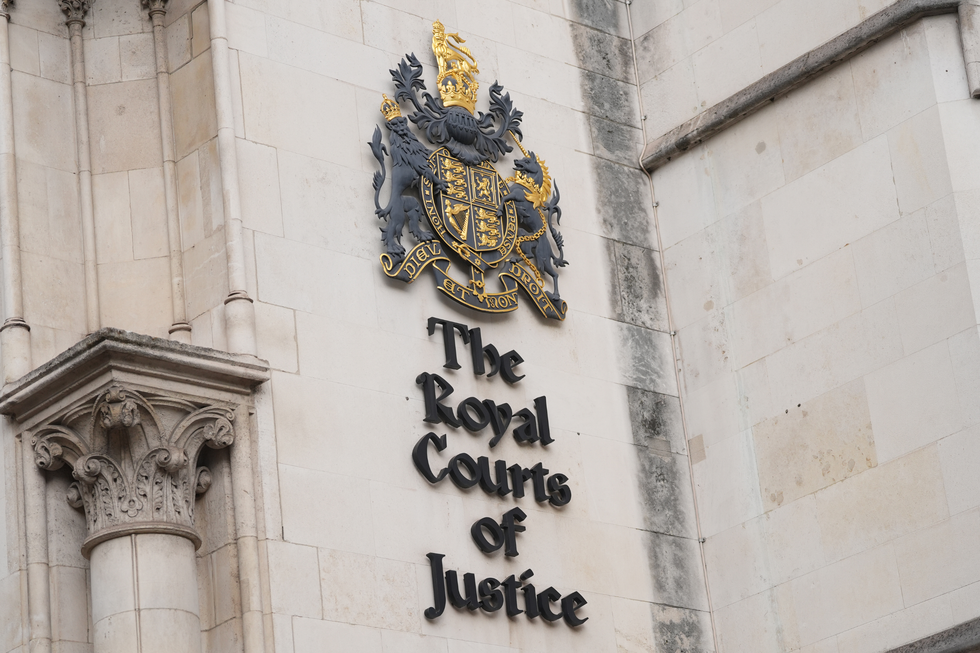 Both Allwyn and the Gambling Commission deny the claims | PA
Both Allwyn and the Gambling Commission deny the claims | PAYet despite concerns being raised, Mr Toledano suggested none of the breaches were handled appropriately.
He said: “Do you accept that what we have seen over these many episodes is that the Gambling Commission was, in effect, turning a blind eye to repeated breaches, particularly by Allwyn?”
Mr Tanner replied: “No, I don’t.”
Mr Toledano said: “My suggestion to you is the impact of all of that was one bidder was able to promote itself and its bid in the press and to ministers with a degree of freedom that it should not have had. That’s right, isn’t it?”
Mr Tanner said: “No, I don’t believe it is. I believe we were consistent and even-handed with applicants across the process.”
Mr Tanner accepted that breaches had occurred but said he believed they had been handled appropriately.
But Mr Toledano said the breaches were repeated and often “deliberate” and told Mr Tanner: “In light of your evidence, disqualification was clearly a possibility you should have considered at the time.”
“Yes,” replied Mr Tanner.
Mr Toledano went on: “My suggestion to you is that had you gone through the exercises you say you wanted to go through, and had you done that in relation to all of the matters we have considered and discussed, not only could the Gambling Commission have considered disqualifying Allwyn but it should actually have done so by the time of the outcome notification in mid-March.”
Mr Tanner answered: “I accept it’s a possibility, had we gone through some of those processes.”
The court was told how one of the earliest articles appeared in October 2020, announcing Sir Keith Mills as Allwyn’s bid chair and praising his background and experience.
But Mr Toledano said the tone also breached the MCP.
He explained: “He’s saying that the National Lottery needs to grow if it’s to continue funding thousands of good causes. In short, he’s saying that the National Lottery wasn’t what it once was, it needs to change and that change is Allwyn. This is promoting Allwyn’s bid.”
Mr Tanner responded: “I think it’s a mix of promoting Allwyn’s bid and promoting Sir Keith Mills.”
Asked if Allwyn had informed the Commission before the piece was published, Mr Tanner said: “I don’t believe it did, no.”
Mr Toledano said: “That means on this particular occasion Allwyn breached the protocol.”
Mr Tanner replied: “On the face of it, yes.”
Earlier, the court was told how KKGC, Allwyn’s parent company, previously had a joint venture with Russian giant Gazprom in the Czech Republic.
Mr Toledano questioned whether this had been appropriate after the Russian invasion of Ukraine.
But Mr Tanner said KKGC, which no longer has any links with Gazprom, had been in the process of trying to divest the gas storage centre.
He said: “The situation was that the shareholding in the joint venture was something their organisation had been trying to exit from for a number of years but they wanted to do that in a way that protected the Czech gas supply. I think we took the position that the divestment that was being pursued was ongoing and would finally resolve the matter.”
The court has heard claims that the Gambling Commission fell short on a number of issues.
These include the provision of feedback after the initial phase one of the bidding.
TNLC says that while the feedback it received was inadequate, Allwyn was able to shape its bid advantageously thanks to its feedback from the Commission.
The court has heard that during the licensing process Allwyn “repeatedly breached” a publicity protocol designed to ensure “a level playing field” between bidders.
It is also alleged that both Allwyn and Camelot should have been disqualified from the process for serious failures in their bids. However, each was allowed to continue.
Further, TNLC says that the terms of the contract were modified after the winner was announced.
Had TNLC known of these modifications, its bid may have been different and the outcome affected.
Both Allwyn and the Gambling Commission deny the claims.
The case continues.
More From GB News





